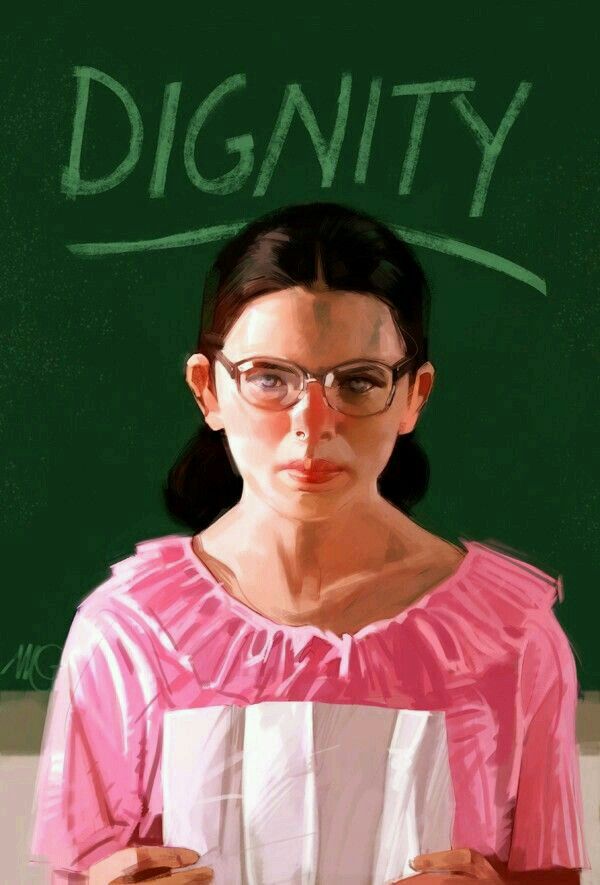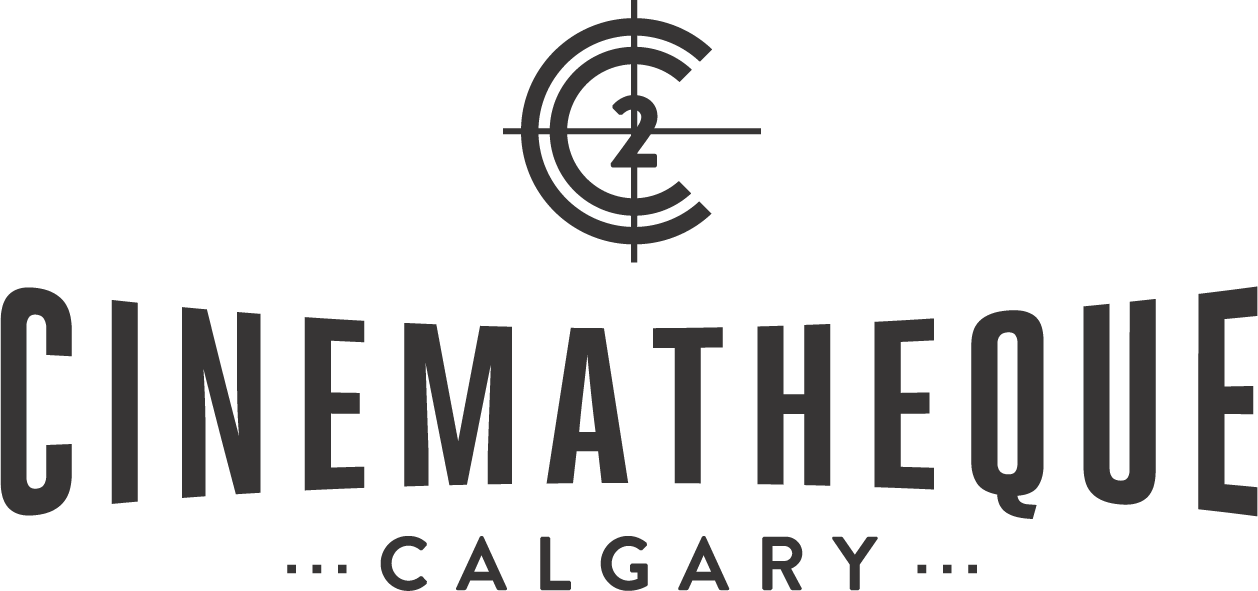
WELCOME TO THE DOLLHOUSE (1996)
Barbie Never Had It This Bad
They still torture the old way in junior high. They call you awful names. They tease and torment the weak. The awkwardness is unbearable, the hopelessness unrelenting. It's enough, Todd Solondz says, to make you laugh.
This alchemist's ability to turn misery into something bitingly funny defines "Welcome to the Dollhouse." Written and directed by Solondz, "Dollhouse" won the Grand Jury Prize at the last Sundance Film Festival for its daring double vision, its mirroring of junior high agonies combined with a willingness to step aside and see everything from a darkly humorous perspective.
For 11-year-old Dawn Wiener (Heather Matarazzo), a.k.a. Wiener-dog and Dogface, suburban Benjamin Franklin Junior High is no laughing matter: It's a near-death experience that has to be endured every day. With too-big glasses on top of a dour face, Dawn has the dazed look of the permanently overmatched, an ugly duckling too intense to ever become a swan.
Dawn is glimpsed in Ben Frank's central torture chamber, the cafeteria, where one false move, like sitting next to Lolita (Victoria Davis), the reigning queen of mean, can lead to a lunch period of harassment by cheerleaders who chant "lesbo, lesbo, lesbo" at anyone who looks vulnerable, no matter what their sexual orientation.
In fact, life at Ben Frank is an escape-proof nightmare. Try as she might, Dawn never gets a break, not from irritable teachers who deny her the benefit of the doubt, not even from other victimized students, eager to take their own frustrations out on her.
Things are bad at home, too. Dawn's "king of the nerds" older brother Mark (Matthew Faber) ignores her in his humorless quest to get into a good college, and their vindictive mother (Angela Pietropinto) clearly prefers Dawn's perky younger sister Missy (Daria Kalinina), a self-centered baby ballerina who spends all day prancing around in a tutu.
The sole friend Dawn can muster is the unsatisfactory Ralphy (Dimitri Iervolino), a younger kid who is the only other member of the Special People Club that meets in a rickety shack in Dawn's backyard.
Still, Dawn is stubborn and resilient, gifted with the ability to struggle against reality. She never gives up, not even when class bully Brandon McCarthy (Brendan Sexton Jr.) selects her as his special torture victim. And when she meets older guy Steve Rodgers (Eric Mabius), the hunkiest and most popular of high school seniors, she gets an intense crush on him that is as ferocious as it is out of the question.
With his ability to understand and convey these absurdist scenarios in both adult and preteen terms, writer-director Solondz catches the unlooked-for humor in poignant, hurtful situations. His cast is a major asset, especially Matarazzo. Her portrayal of Dawn's deadly serious determination and dogged conviction that she can become a sex object even if she's not exactly sure what that requires leaves us uncertain whether to laugh or cry. Which, of course, is the point.
Both rueful and a cause for laughter, "Welcome to the Dollhouse" understands the unfairness of being on the bottom of the food chain of junior high humiliation, the intense frustrations of a time in life when every single thing you do is wrong. It wasn't fun to live through, but at least this film gives us the release of laughing at it now.
- Kenneth Turan, LA Times






